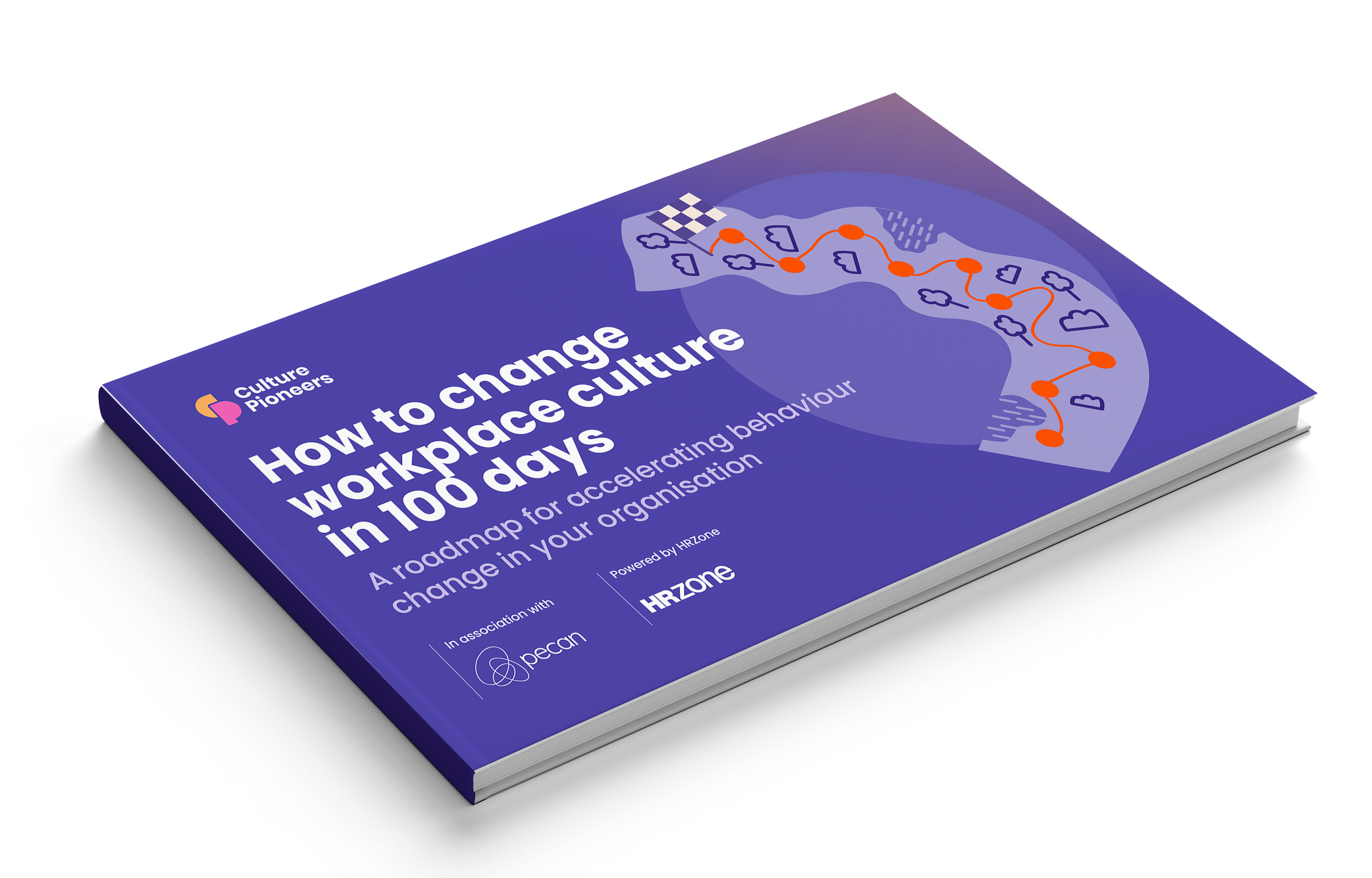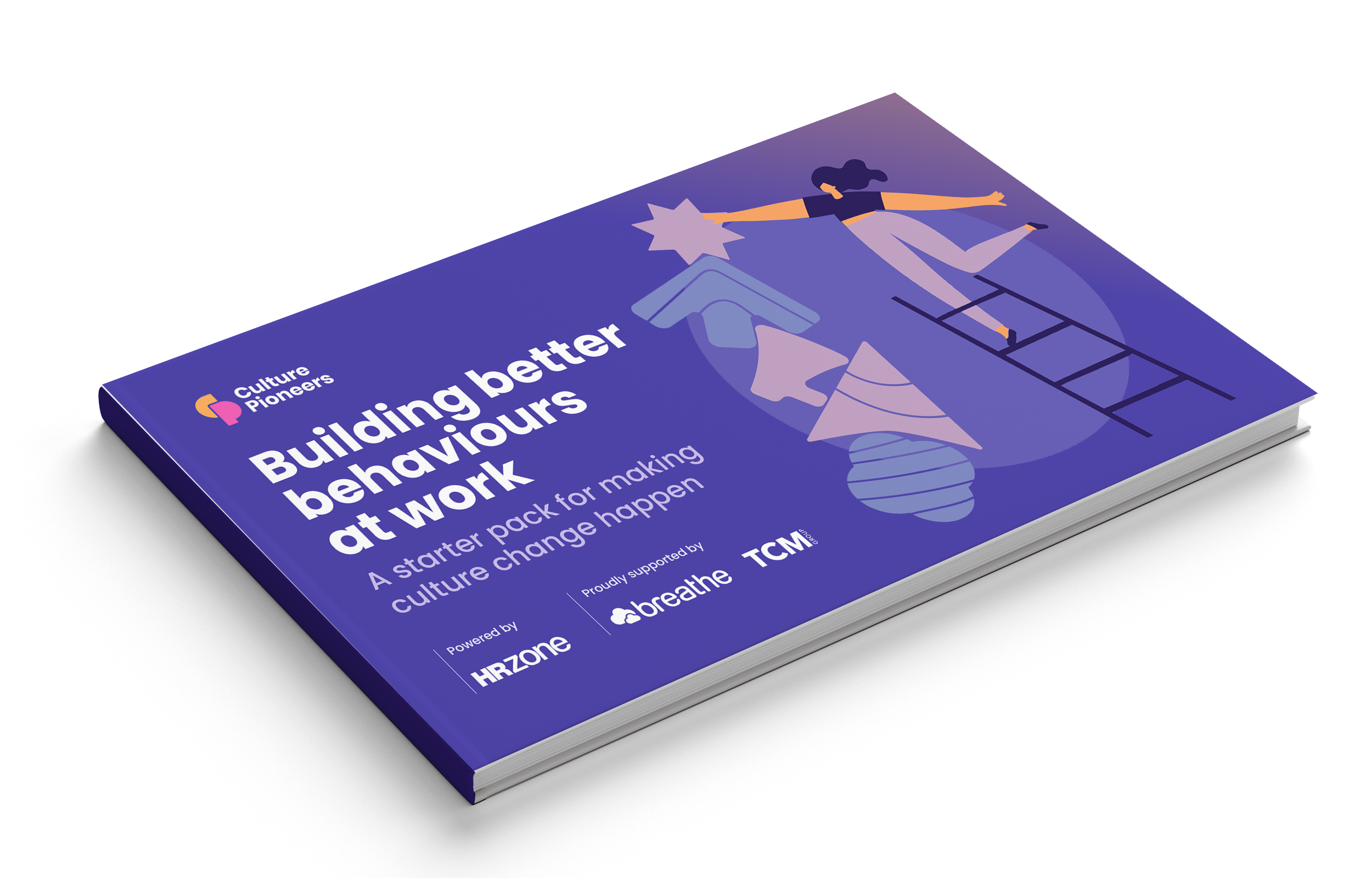
Welcome to
Culture Pioneers
Leading forward.
Culture Pioneers is a campaign proudly powered by HRZone.
We are on a mission to both support organisations driving impactful culture change, and commend those who are leading forward and challenging the status quo at work.
Our campaign provides expert guidance and insights, while celebrating workplace cultures that drive real business impact. The best businesses don’t just adapt; they shape the future.
Our mission
We are committed to showcasing how thriving workplace cultures create meaningful impact for both organisations and their employees.

Raise awareness
of the vital role workplace culture plays in driving organisational success.

Provide guidance
through resources and insights that empower people leaders to implement meaningful, positive change.

Recognise excellence
by celebrating those who set the standard for outstanding workplace cultures and deliver measurable business impact.
Discover how you can be part of the movement. Explore our campaign, access exclusive resources, and get involved in celebrating and shaping better workplace cultures.



We champion organisations and leaders driving real change at work. Whether you are making small but meaningful improvements or leading radical transformation, your story deserves to be heard. Enter our awards to gain the recognition you deserve!
Expert insights & resources
Grow your knowledge. Grow your culture.
We have something for every culture crafter. Here, you can keep pace with the latest work trends, receive guidance on tricky culture-change topics and dive deep into fresh insights on progressive organisations.
The compassionate leadership guide
By Karen Liebenguth
Video interview
By Becky Norman
Join us and become part of a vibrant community of HR leaders and forward-thinking professionals. Together, we share insights, celebrate achievements and explore how to shape a positive future of work.
Stay in the loop with all things Culture Pioneers! Sign up to our newsletter for updates on our resources, events, awards programme and more.
Stay in the loop with all things Culture Pioneers! Sign up to our newsletter for updates on our resources, events, awards programme and more.

Thank you to our partners who are supporting our mission
Event Partner

Wellbeing Partner

Campaign Ambassador










